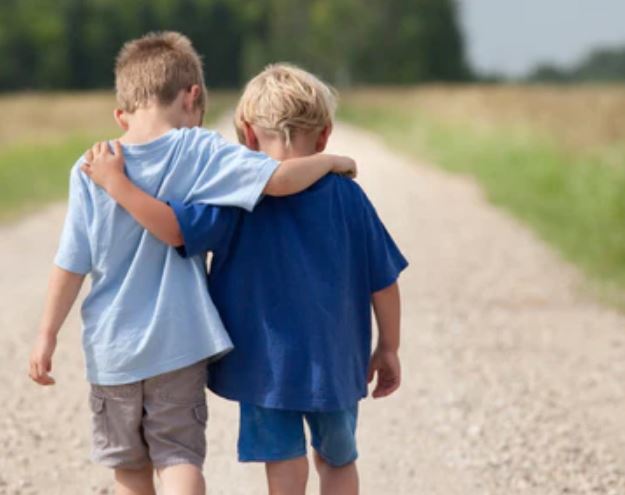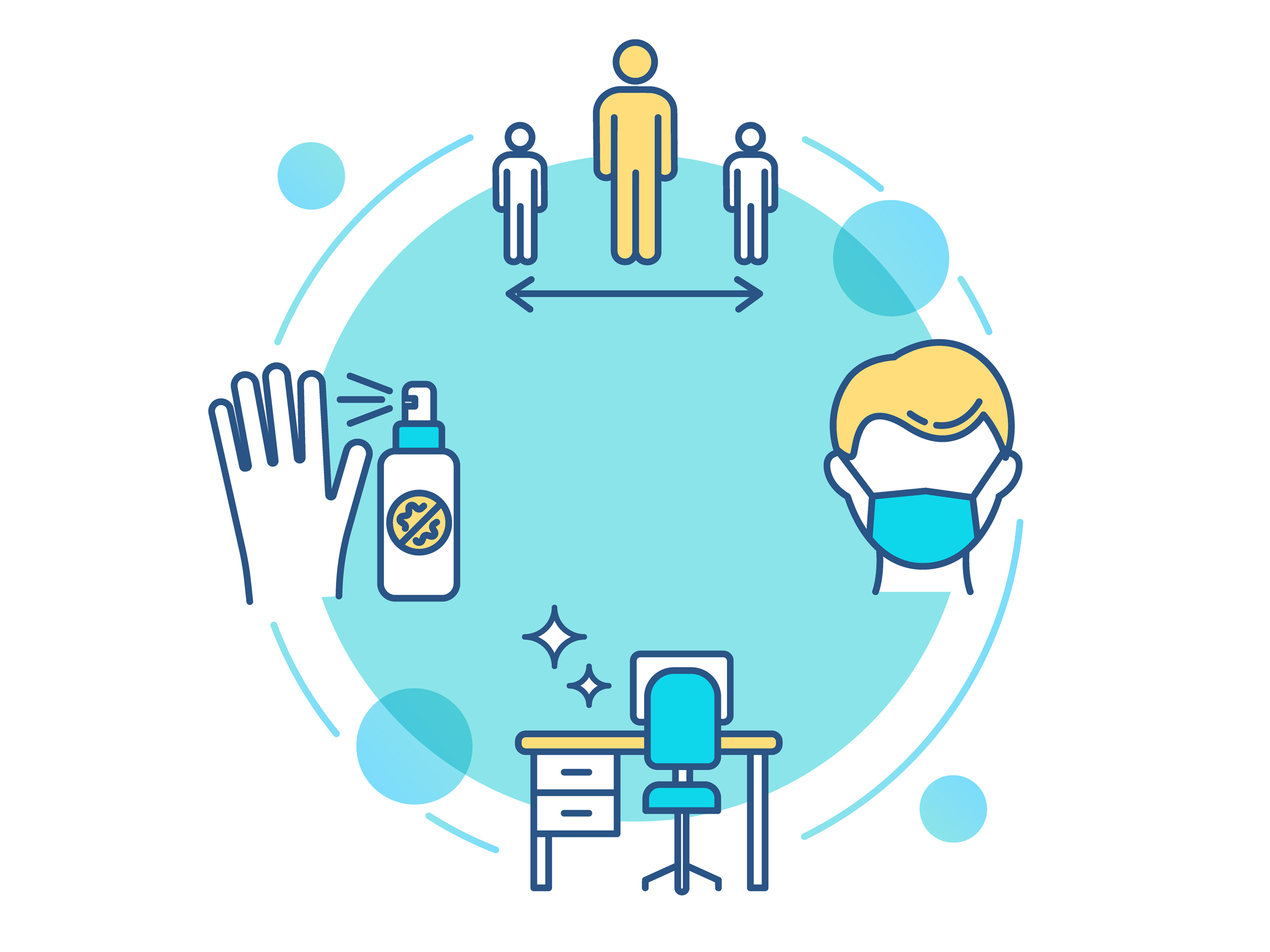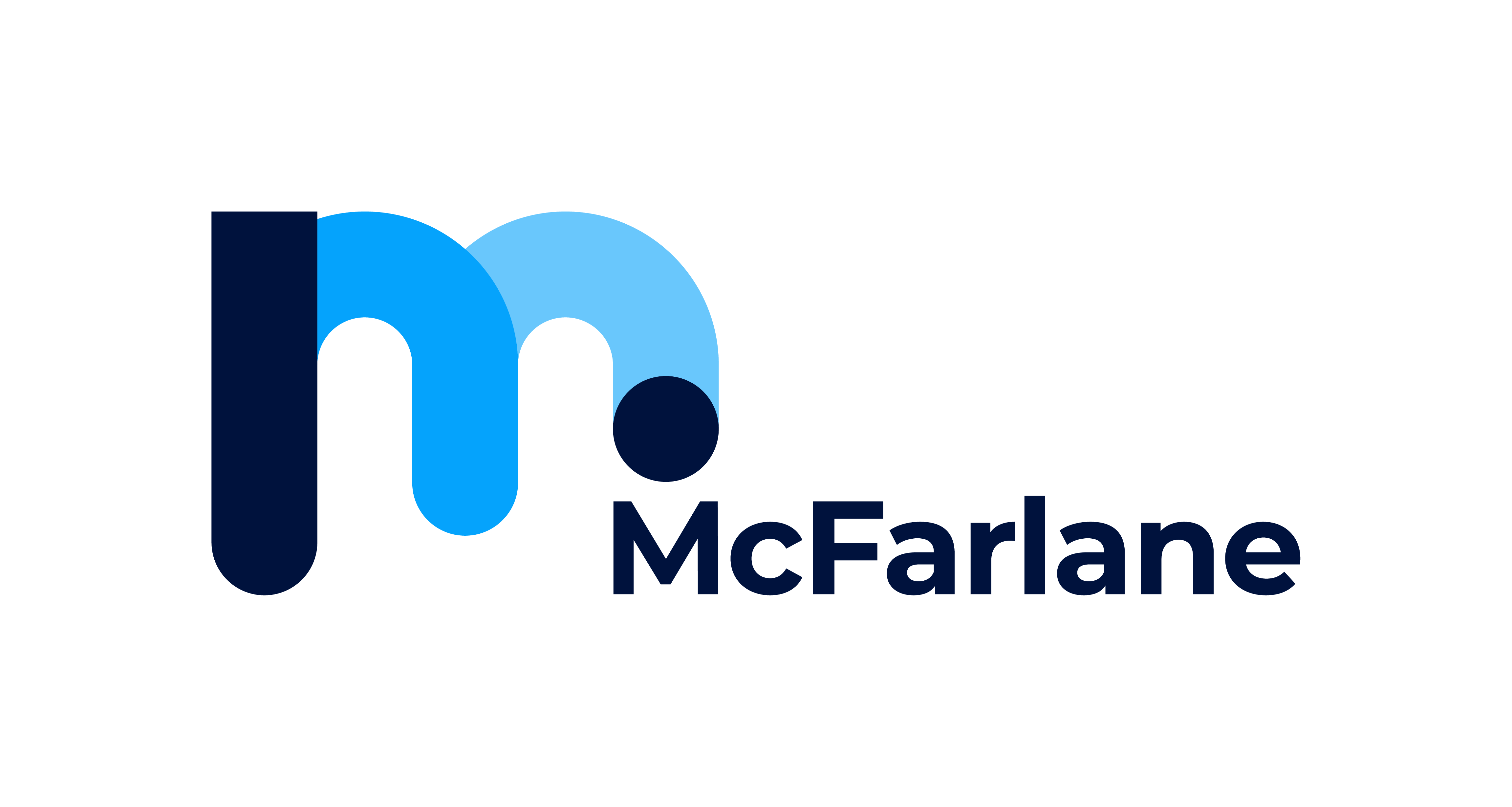The McFarlane Ethos & Sustainability Statement
‘Kindness is not a directive but rather a reflection of the underlying values of virtually every health professional'
Paul Levy, former hospital CEO and Health Industry Influencer Australia

Trust
Bringing four generations of experience to the table Mcfarlane has earnt it’s respect as the most trusted supplier. Proven industry experience to meet customer needs always provides us with the edge over our competitors. The McFarlane Product Specialists strive to assist customers across multiple industry sectors. Excellence, certainty and guarantee in the products and services is crucial. We are real, local, accessible, and approachable, and accountable. That’s trust.
Care
Giving feels better than receiving. McFarlane has built a large giving community & network brick by brick year by year. You become part of this when you partner with us.
McFarlane actively supports global climate change initiatives, human rights, gender and race equality, and the fight against harm to animals, human beings and the environment.
Proud humanitarian causes Mcfarlane actively contributes to includes the RSPCA, Breast Cancer Australia, Assistant Dogs Australia, Barbados, Meals on Wheels, Salvation Army, Lions Club, Project Futures, and Farm Animal Rescue (FAR).
Sustainability & The Climate
Our team understands that supply chains are global, therefore we act as a strong promoter of standardization and harmonization of supply chain approaches to achieve long term impact worldwide, while also maintaining independent supply chain management and local harmony here in Australia.
To succeed and maintain balance we rely on commitment from the entire supply chain. We strive for collaboration and work closely with our suppliers and other stakeholders to achieve our mission. Success, impact and scale are possible only if all actors join forces.
We are open about our achievements and challenges alike. We contribute to developing and implementing common activities & tools that can drive changes and positively impact our footprint.
In recognition of the Australian Government’s Climate Change Bill 2022, Mcfarlane shares in the commitment to reduce greenhouse gas emissions by 43% below 2005 levels by 2030, and net zero by 2050.

100% Australian Family Owned and Operated Four Generations.
Giving back to our communities.

COVID-19 Office Risk Assessment
The safety of all employees is our highest priority.
In order to ensure the health and safety of everyone during the continued pandemic we have carefully assessed the risks of COVID-19 with reference to government and industry guidance. In order to reduce those risks identified, as far as reasonably practicable, we have worked to ensure that a package of control measures is in place.
How we are keeping people safe.
We are focusing on the following areas to ensure we can manage the risks of infection from COVID-19, carrying out specific assessments where necessary: In offices: Minimising – ensuring a safe number of people in offices at any time compliant with distancing principles with clear labelling and directions. Communicating - ensuring those who have symptoms or are ill know not to come into work, inform their manager and to return home immediately if they become ill at work. Commuting – considering and managing the risks in commuting especially on public transport, introducing mitigations such as staggered start times, on discussion with managers. Social Distancing -Every effort to ensure social distancing is adhered to from space planning to signage. Cleaning - increased frequency of cleaning. Face covering – supporting people in the safe wearing of face coverings on a commute and when working with other people. : Travel - seeking to minimise travel requirements and follow social distancing principles within travel arrangements, wherever possible on discussion with managers.
Location – we have considered the physical capacity of space used, given the requirements of social distancing, as well as ensuring the provision of adequate hygiene facilities. All are clearly marked and sufficiently available.
Work Activities - considering the activities that people are going to need to undertake and reviewing if these can be adapted or changed to reduce risk. Work Equipment – managing the sharing of work equipment with associated disinfection. Clear signage focusing on good hygiene and managing potential issues with touchpoints. Work Patterns – reviewing work patterns to encourage small groups (cohorts) of people and minimising contact with other groups. Catering and Rest Areas - reconfiguring catering provision and planning breaks to ensure people are as safe as possible.
First Aid and Emergency services – planning activities to reduce the risk of requiring emergency services to be called as well as advice to first aiders on COVID-19 risk. Masks, Gloves and Other Personal Protective Equipment – following government guidance, around the offices and for those travelling on public transportation.
Mental Health - the COVID-19 risk and the response has had a potential mental health impact which should be considered. Information and support to all staff via HR team. Clinical team available for concerns and queries. Monitoring – compliance will be monitored and if required people will be reminded of the new COVID-19 working practices (such as social distancing).
McFarlane acknowledges Aboriginal and Torres Strait Islander people as the Traditional Custodiand of the land and acknowledges and pays respect to their Elders, past and present.
McFarlane celebrates, values and includes people of all backgrounds, genders, sexualities, cultures, bodies and abilities.


